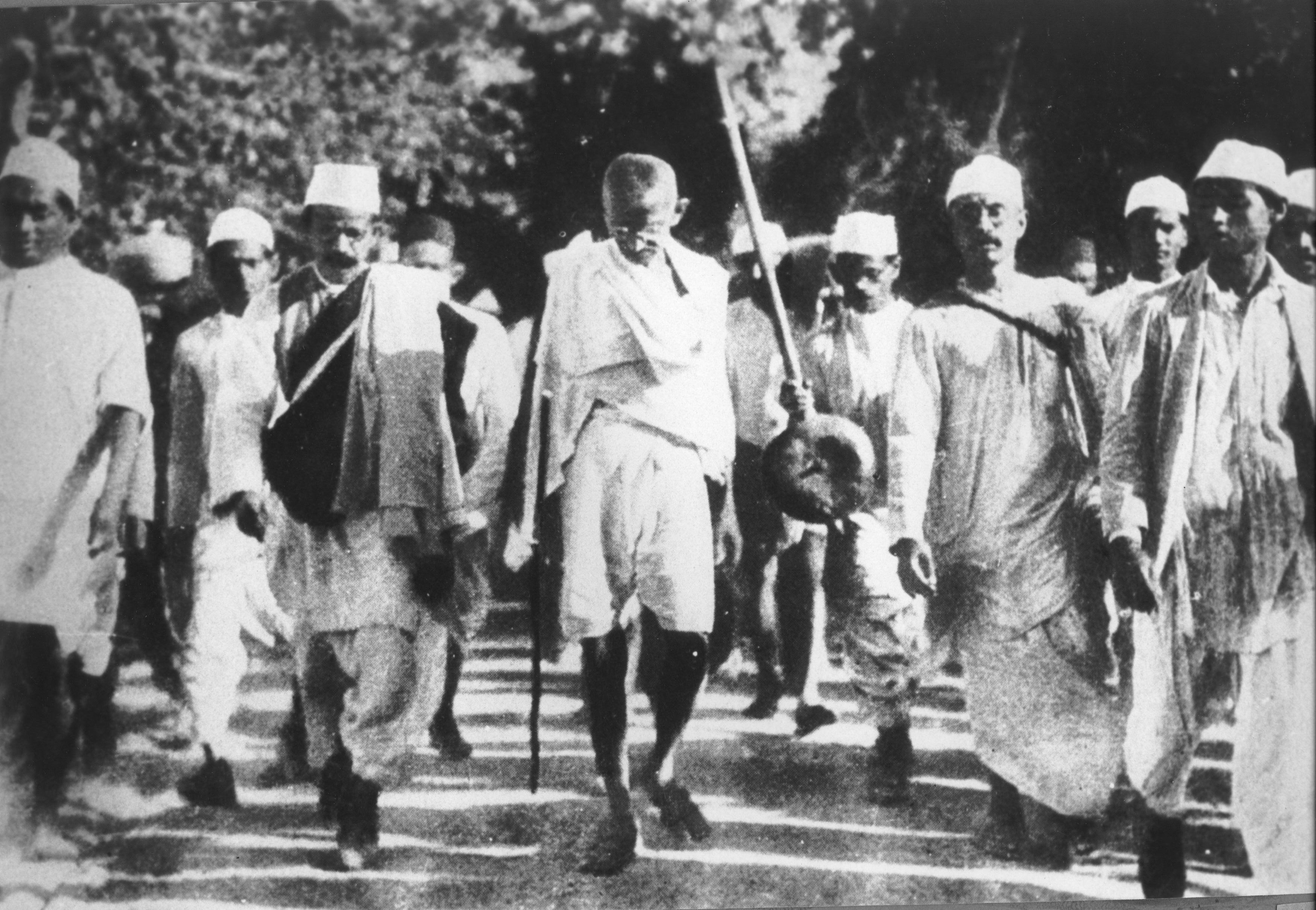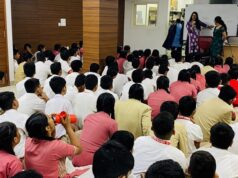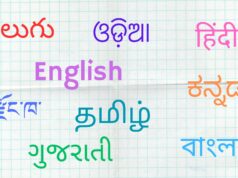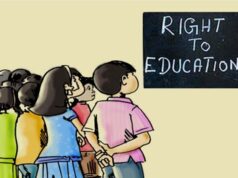A nation is shaped by a certain narrative—how it came to be what it is today, what values and beliefs its people hold and cherish, and how it is portrayed.
Education has a vital role in shaping this narrative and in moulding people’s attitudes, and the state and its governing bodies play a substantial role in deciding what is taught. Right from learning the alphabet to getting a doctorate certificate and beyond, watchdogs hold magnifying lenses to see what is being taught. The most controversial subject would probably be history. The saying goes “catch them young” and that is perhaps what South Korea is trying to do with its view of commissioning a single history textbook for its middle and high school students.
Like most countries, South Korea also has its historians who are sought after by publishers to write textbooks. Although these are then submitted to an official panel for approval, secondary schools are free to choose from a pool of books to use any of them as a part of their syllabus. But with what the Park Geun-hye administration has in mind, schools may have to part with some of this freedom.
The main bone of contention is the story of a young girl in the early 20th century who protested the Japanese occupation in her country and inspired her fellow Koreans. Her death, from being allegedly tortured, made for a heroic history lesson. On inspection, however, it was found that not many text books carried the tale of Yu Gwan-sun, sparking a debate on how and what should be taught as part of Korea’s history.
Civic bodies and citizens are protesting against what they believe is an attempt to dictate history and produce like-minded individuals. The government, it is feared, wants to be the first and last word on how history is taught and interpreted. Koreans also fear that this ‘small’ suppression of thought may lead to further curtailment of human rights, as has happened earlier in their history.
All of this sounds a little too familiar, does it not?
Park Geun-hye’s stance is certainly not the first of a government trying to make its presence felt in education. Back home in India, we had a massive row just a decade back on what should go into NCERT textbooks. A K Ramanujan’s essay–a different take on The Ramayana (Three Hundred Ramayanas) also had to face flak for ‘attempting to change’ what the popular myth tells us. Sentiments are hurt and before one can even attempt to interpret what a piece of text wants to say, it is taken off the reading shelf and shoved into oblivion.
Why target schools?
Why would the government be interested in deciding what is taught in our schools and colleges? Probably because it gives them a chance to influence the way the next generation will see the world. It gives them a chance to swerve the way people think—whether it be developing hatred for a neighboring country, creating doubts about a national leader, or distorting facts about a country’s history, say, on what transpired during independence or internal emergency situations. Stealthily, the impressions one develops settle and form a membrane that is hard to permeate as one reaches adulthood.
While the press in a state could play the role of propaganda, like it does in a few countries currently, this could be risky as international agencies and media could take notice. Having one’s agenda make its way to school textbooks, however, does not invite as much attention. At least not until the ‘enlightened’ section of society take notice and protest. Introducing religiously-charged lessons in history or language subjects, or wiping off parts of texts where a certain government failed, or accentuating parts where one felt it was effective, should be understood as a priming tool to create a youth that might be ignorant about other perspectives, or at least not as well-informed.
The most contentious of topics is modern history. Today’s current events will form history in another 30 years. Tomorrow when the coming generations are learning about the past we went through, would they adhere to their parents’ accounts of what they observed, or what an institutionally-mandated manuscript details? Would tomorrow’s history books in the classroom reasonably, objectively and accurately represent what we are going through? Or will they distort it?
There are gallant tales of men and women that need to be told–of wars that were fought, of lessons in politics, and the many other lessons that history teaches us; lest we forget them. We have to learn history and teach it too, and it is important that all sides and perspectives be reasonably represented.
“A good president makes history, a bad president changes history books,” said a banner at one of the protests in South Korea. But, is the world listening?
Anam Naqvi is currently working at the Economist Intelligence Unit as an editor and has been in the news and research business for over five years. She recently graduated from iPolicy, conducted by CCS Academy.
Post Disclaimer
The opinions expressed in this essay are those of the authors. They do not purport to reflect the opinions or views of CCS.






